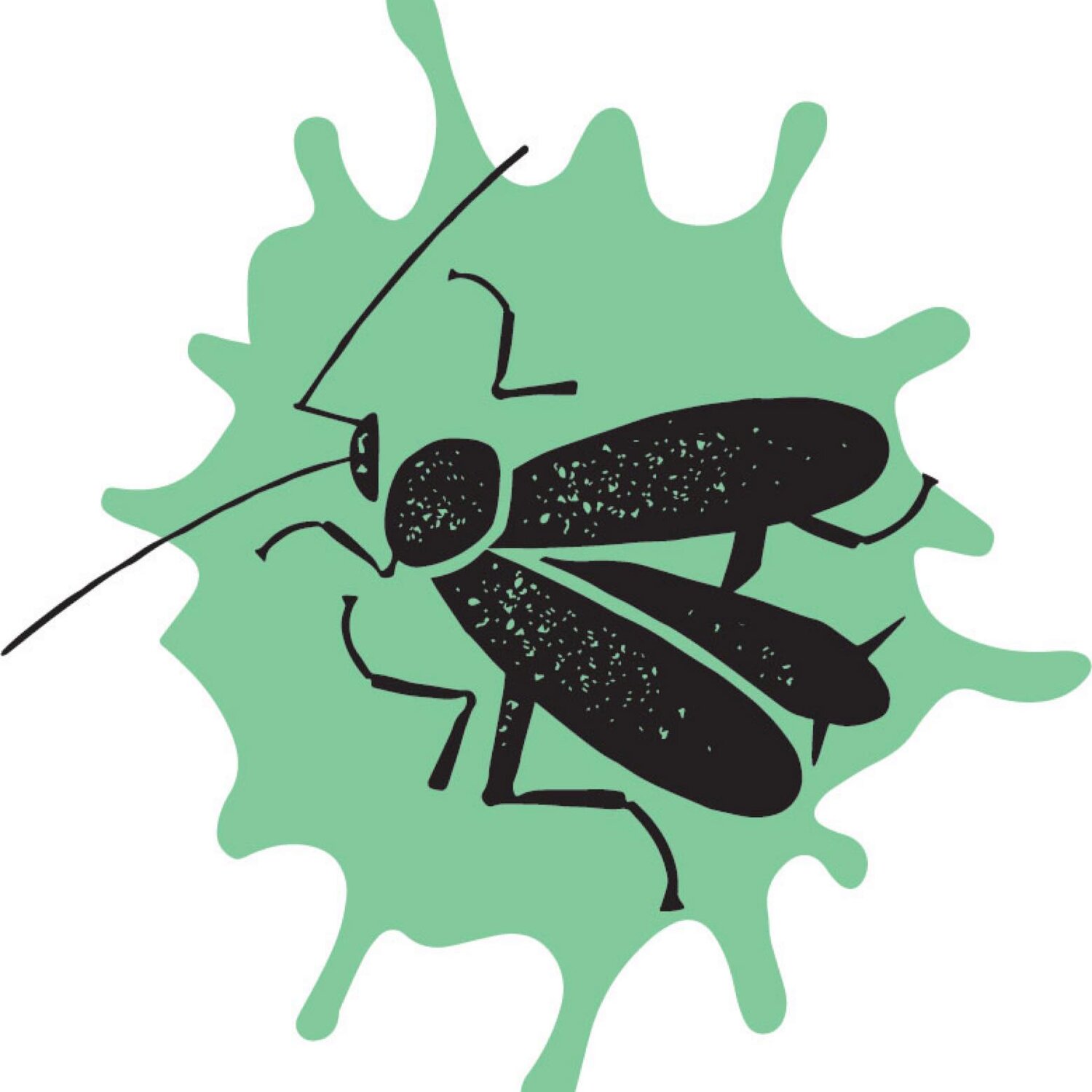Find Out Why Centipedes Love Coming into Your House
Centipedes are one of the most common household pests, yet many people don't understand why these creatures choose to invade our homes. While it can be unsettling to find a centipede infestation in your home, understanding what attracts them indoors is the first step to effective pest control. In this guide, we will discuss the various factors that draw centipedes indoors and provide you with helpful tips for preventing infestations.
What Are Centipedes?
Centipedes are small, segmented arthropods that belong to the class Chilopoda. They have one pair of legs per body segment and can range in size from 4-152 mm long. Centipedes are carnivorous predators that feed on small insects, spiders, and other arthropods. They are nocturnal and prefer dark, damp places to hide during the day.
What Attracts Centipedes Indoors?
Centipedes are drawn to homes for several reasons. Moisture is a major factor, as centipedes require a damp environment to survive. Homes with high humidity and poor ventilation are more likely to experience an infestation. Other factors that attract centipedes include clutter, food sources, and entry points.
Moisture: Centipedes thrive in damp, humid environments. Homes with excessive moisture, such as basements, attics, and crawl spaces, are prone to centipede infestations. To reduce moisture levels, make sure to seal any cracks or crevices in the walls or foundation of your home. Additionally, use dehumidifiers and fans to reduce overall humidity levels.
Clutter: Clutter and debris provide ideal hiding spots for centipedes. To reduce the chances of an infestation, keep your home free of clutter and vacuum regularly to remove any potential food sources.
Food Sources: Centipedes feed on small insects, spiders, and other arthropods. To reduce the chances of a centipede infestation, keep your home free of food sources such as crumbs, spilled food, and pet food.
Entry Points: Centipedes can enter homes through small cracks and crevices in the walls or foundation. To prevent an infestation, make sure to inspect the exterior of your home for any potential entry points and seal them with caulk or weather-stripping.
Are Centipedes Dangerous?
Centipedes are not typically dangerous to humans, as their bite is not powerful enough to penetrate human skin. However, their bite can be painful and cause swelling, redness, and itching. In rare cases, the bite can cause an allergic reaction. Additionally, centipedes can be a nuisance in the home, as they can be difficult to locate and can cause damage to stored food items.
It is important to note that centipedes are beneficial predators in the home, as they feed on other pests such as spiders, moths, and cockroaches. If you find a centipede in your home, it is best to capture it and release it outside. To prevent an infestation, make sure to reduce food sources and entry points, and keep your home free of clutter and debris.
How to Deal with a Centipede Infestation
1. Identify the Source of the Centipede Infestation
Look for areas where centipedes may be hiding, such as under furniture, in cracks and crevices, and in damp areas.
2. Reduce Sources of Food and Water
Centipedes feed on other pests, so eliminating other pests from your home will reduce the centipede population. Additionally, remove any standing water or damp areas in your home to eliminate sources of moisture.
3. Seal Off Entry Points
Inspect your home for any cracks or crevices that could allow a centipede infestation to enter your home. Seal off these entry points with caulk or other sealants.
4. Use Natural Repellents
Essential oils such as peppermint, tea tree, and lavender can be used to repel centipedes. Place a few drops of oil on cotton balls and place them in areas where centipedes may be hiding.
5. Set Traps
Centipedes can be difficult to locate, so setting traps may be the best option. Place bait such as pieces of food or insect bait in areas where centipedes may be hiding.
6. Contact a Professional
If all else fails, contact a pest control professional to help get rid of the centipedes.
Keeping Centipedes Out of Your Home With D-Day Pest Control Geelong
There are many reasons why centipedes might be attracted to your indoor spaces. If you have a centipede problem, it’s time to contact our team of professional pest control experts to eliminate the problem.
D-Day Pest Control offers safe and effective pest control services in Geelong, Australia. Whether you have a termite infestation or a cockroach problem in your business or home, we can eradicate these unwanted guests. Check our website today to request a quote!
